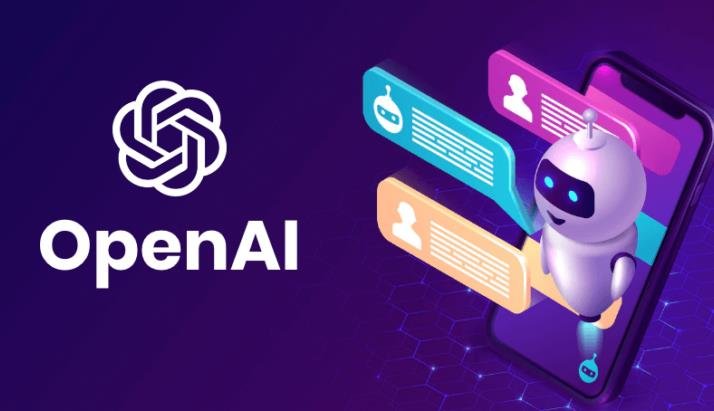A group of prominent US authors, including John Grisham, George R.R. Martin, Jodi Picoult and Jonathan Franzen, have filed a lawsuit against OpenAI, the company behind the popular artificial intelligence chatbot ChatGPT. The authors allege that OpenAI has unlawfully trained its chatbot on their copyrighted works without their permission.
ChatGPT: A powerful AI chatbot that can generate text from human prompts
ChatGPT is a large language model that can generate coherent and diverse text responses from human prompts. It is based on GPT-3, one of the most advanced AI systems in the world, developed by OpenAI. ChatGPT can be used for various purposes, such as entertainment, education, research and customer service.
However, ChatGPT also poses some ethical and legal challenges, as it can potentially produce misleading, harmful or plagiarized content. One of the main sources of controversy is the data that ChatGPT uses to learn from and generate text. According to OpenAI, ChatGPT is trained on a large corpus of text scraped from the internet, which may include books, articles, blogs, social media posts and other types of content.

Authors claim that ChatGPT infringes their copyrights
The lawsuit filed by the Authors Guild, a trade group for US authors, claims that ChatGPT has unlawfully used the text from the authors’ books as part of its training data. The complaint says that ChatGPT can generate accurate summaries of the authors’ books when prompted, indicating that their text is included in its database. The lawsuit also cites growing concerns that authors could be replaced by systems like ChatGPT that “generate low-quality ebooks, impersonating authors and displacing human-authored books.”
The authors are seeking damages and injunctive relief from OpenAI, as well as a declaration that their works are not subject to fair use by generative AI systems. The lawsuit joins several others from writers, source-code owners and visual artists against generative AI providers. There are similar lawsuits pending against Meta Platforms and Stability AI over the data used to train their AI systems.
OpenAI says it respects authors’ rights and is having productive conversations
OpenAI has not yet formally responded to the lawsuit, but a spokesperson said on Wednesday that the company respects authors’ rights and is “having productive conversations with many creators around the world, including the Authors Guild.” OpenAI and other AI defendants have said their use of training data scraped from the internet qualifies as fair use under US copyright law.
Fair use is a legal doctrine that allows limited use of copyrighted material without permission for purposes such as criticism, comment, news reporting, teaching, scholarship or research. However, fair use is not a clear-cut rule and depends on several factors, such as the purpose and character of the use, the nature of the copyrighted work, the amount and substantiality of the portion used and the effect of the use on the potential market or value of the original work.
The future of generative AI and creative works
The lawsuit raises some important questions about the future of generative AI and creative works. How can we ensure that generative AI systems respect the rights and interests of human creators? How can we balance innovation and protection in the field of artificial intelligence? How can we foster collaboration and dialogue between AI developers and content creators?
These are some of the challenges that we will have to face as generative AI becomes more widespread and powerful. As technology advances, so does our need for ethical and legal frameworks that can guide its development and use.
